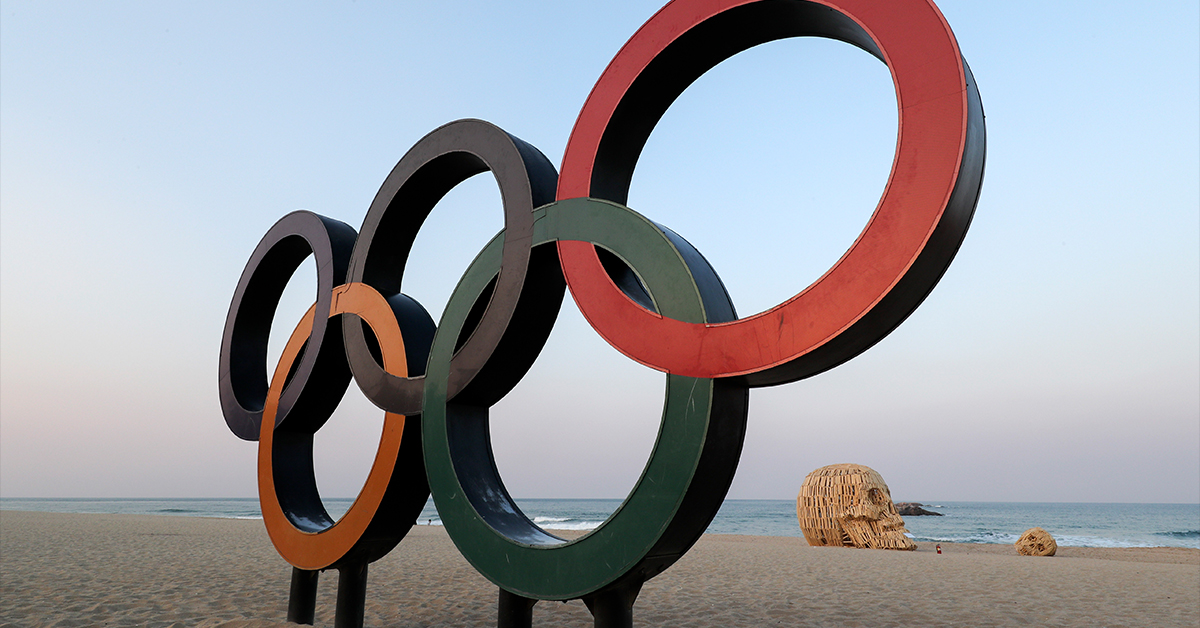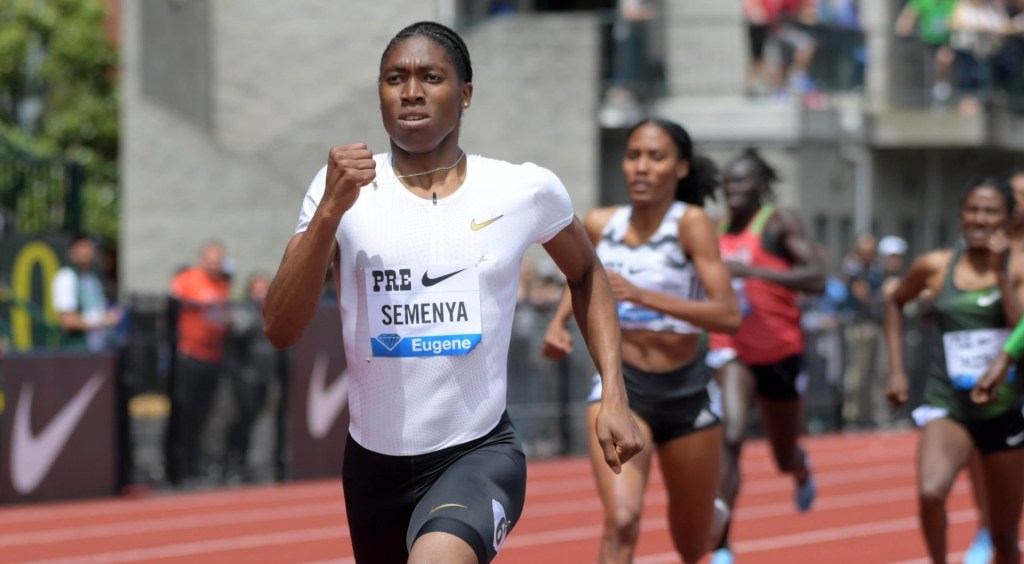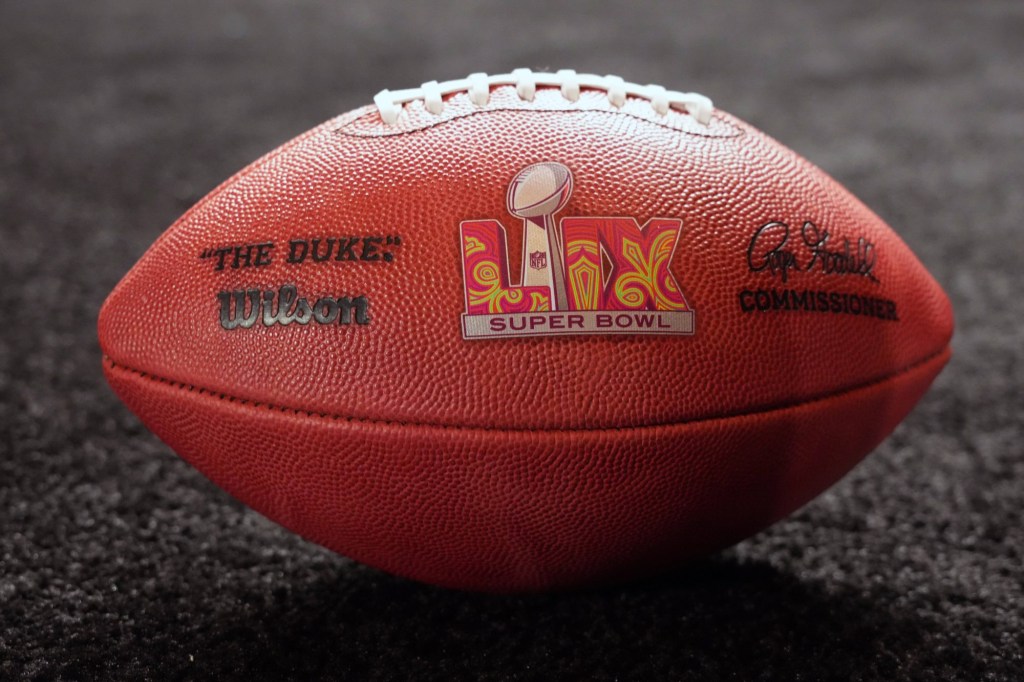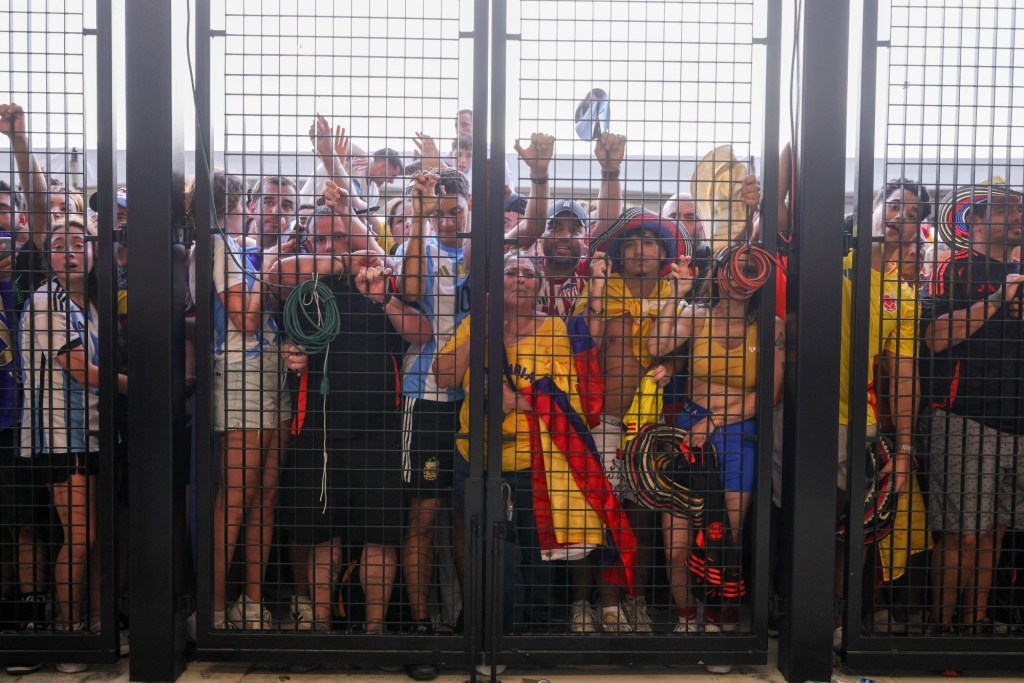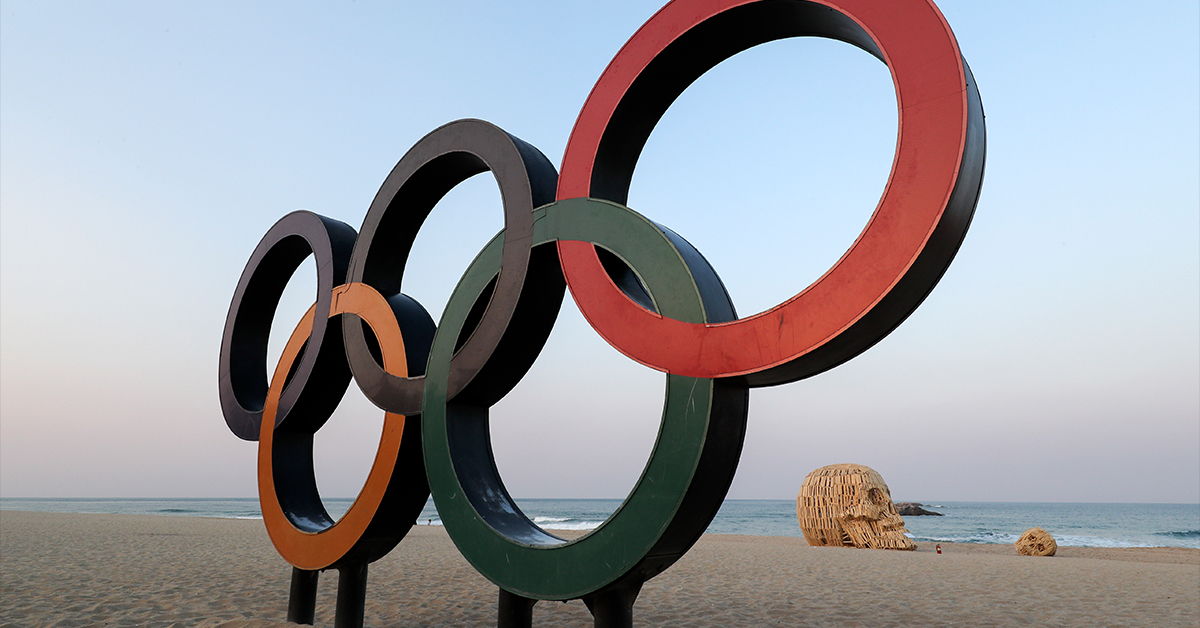
Photo Credit: Kevin Jairaj-USA TODAY Sports
The first phase in one of the world’s most extensive sports ticketing operations is now underway
May 9 is the first day for anyone living in Japan to sign up for the lottery to get tickets to the Tokyo 2020 Olympic Games. Up for grabs is the first crack at the approximately 7.8 million 2020 Olympics tickets being made available to the public. But domestic ticketing is just the initial step in the massive operation to lure sports fans from across the globe to the Games.
The second, beginning on June 15, is international sales. While there is no lottery, something far more important will be on the line: The chance for Tokyo 2020 to break the cycle of major ticketing scandals occurring before the Olympics begin.
READ MORE: I Thought This Was a Good Deal”: AAF Vendors Speak Out
The IOC handles international sales via an Authorized Ticket Reseller (ATR) program. It’s an incredibly lucrative operation: In addition to the tickets themselves, ATRs are also able to market multi-day hospitality and travel packages that combine ticket sales with hotel and flight packages plus other unique experiences.
Currently, there are 31 approved ATRs listed on the Tokyo 2020 website. To become an ATR, a company must first win approval from different National Olympic Committees before submitting themselves to Tokyo 2020. Once Tokyo 2020 has approved the ATR, the company can begin rolling out hospitality and ticketing plans according to the organizing committee’s timeline.
Companies that traditionally win contracts from NOCs are established companies with experience in the sports hospitality sector. Once approved, ATRs then have free reign to work to create unique hospitality and travel packages that cater to the countries they have exclusive rights to sell in. Neither Tokyo 2020 nor the IOC has any hand in creating these packages or how they are offered to the general public.
The lack of standardization allows packages to retain their competitiveness in the consumer market, but it has also exposed the Olympics to multiple high-profile scandals during the London and Rio Olympics.
In 2012, the IOC investigated claims that up to 54 countries and resellers were floating Olympics tickets on the black market for up to 10 times face value right before the London Games.
[mc4wp_form id=”8260″]
Four years later, Brazilian authorities confiscated hundreds of tickets that had originally been allocated to the Olympic Council of Ireland allegedly being sold on the black market. The raid eventually led to the arrest of an Irish IOC Member named Patrick Hickey, who was charged with ticketing touting and forming a cartel together with the owner of THG Sports, Marcus Evans and THG executive Kevin Mallon. THG was also named in connection with the London 2012 investigations, and was not an ATR for Rio 2016.
“There are some messages between Evans and Hickey that mentions [Mallon], and that he would collect the tickets in Brazil to sell for THG,” Aloysio Falcao, a Rio Civil Police Investigator told Around the Rings after Hickey was arrested.
It was those correspondences upon which Rio de Janeiro prosecutors built their case, which remains mired in the Brazilian legal system almost three years later.
Hickey stepped down from his post as president of the OCI, which last year renamed itself the Olympic Federation of Ireland. Following the Rio 2016 scandal, the OFI severed all ties with THG Sports, which also is currently not an approved ATR for Tokyo 2020. Finnish company Elämys Group was appointed for the 2018 Winter Olympics and won a contract to be an ATR for Tokyo 2020.
“[Tokyo 2020] rules give very clear instructions of do’s and don’t do’s. We will follow these rules from A to Z,” Jussi Viskari, CEO of Elämys Group told Front Office Sports. “The cooperation and communication with the National Olympic Committee has been very open and clear regarding the ticketing program. I think that one reason why OFI chose Elämys was our transparent and credible track record.”
Viskari said that “[Tokyo 2020 tickets] are just one small part of a broader service” in its hospitality and travel packages. The goal is to “reach the all Irish sports fans and invite them to join us in Tokyo.”
Both scandals were embarrassments for the IOC that dominated headlines during the Olympics. Both also underscored that the IOC largely delegates responsibility for ticketing to host city organizers, and its National Olympic Committees around the world.
“The monitoring is directly handled by Tokyo 2020 and each Organizing Committee has its own tools to monitor the activities of each ATR,” an IOC Spokesperson confirmed to Front Office Sports. “However, the IOC supports such monitoring by providing information from past Games to allow each [Organizing Committee for the Olympic Games] to adapt their monitoring accordingly.”
For its part, Japan is taking a number of measures to curtail any chance of a scandal before it starts. It passed a law banning the online resale of marked-up tickets for high-profile events like the Olympics. The law also extends to ticket brokers who purchase tickets for the express purpose of resale.
Tokyo 2020 also told Front Office Sports it would be communicating the rules against resale both online and the physical tickets distributed for the Games in an effort to combat illegal sales online. Organizers will also be working with ATRs and local police in monitoring resale activity while “[requesting] the cooperation of existing reselling platform providers, asking them not to list Tokyo 2020 tickets and to monitor reselling activities.”As an added security measure, the names of purchasers of Olympic tickets will be printed on physical tickets and verified at venues. That means the resale of tickets can only happen through Tokyo 2020’s official platform.
READ MORE: Wilson Leverages FIBA Deal to Expand 3×3 Presence
Tokyo’s status as a global, cosmopolitan city is expected to be a big draw for foreign tourists and Olympic fans. ATRs have been aware of the high demand for Tokyo 2020 tickets, so much so that some began selling hospitality packages before the approved start date. ATRs were allowed to begin promotion of packages in March but must abide by Tokyo 2020 rules or risk losing reseller status.
“ATRs can launch their ticket sales in respective territories only after all sales components are approved by Tokyo 2020,” the Tokyo 2020 spokesperson added. “ATRs have to comply with the rules and regulations of the Tokyo 2020’s ticketing program. If violations are discovered, we will take strict action as needed in cooperation with the IOC.”
While the Olympic ticketing system is designed to maximize the number of spectators from across the world to Tokyo for the 2020 Olympics, Tokyo ultimately is at the mercy of ATRs following the rules in place and avoiding the temptation to float tickets on the black market to succeed where London and Rio failed. Implementing domestic ticket touting laws and robust monitoring efforts should plug as many gaps as possible, but the big question remains: will these summer Olympics be subject to a third straight ticketing scandal, or finally halt the trend?
